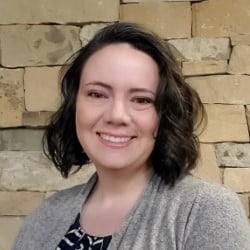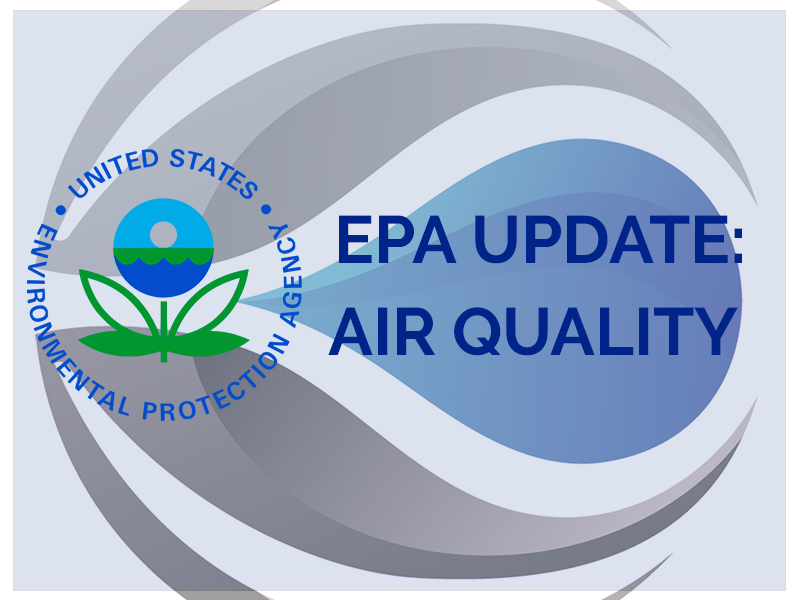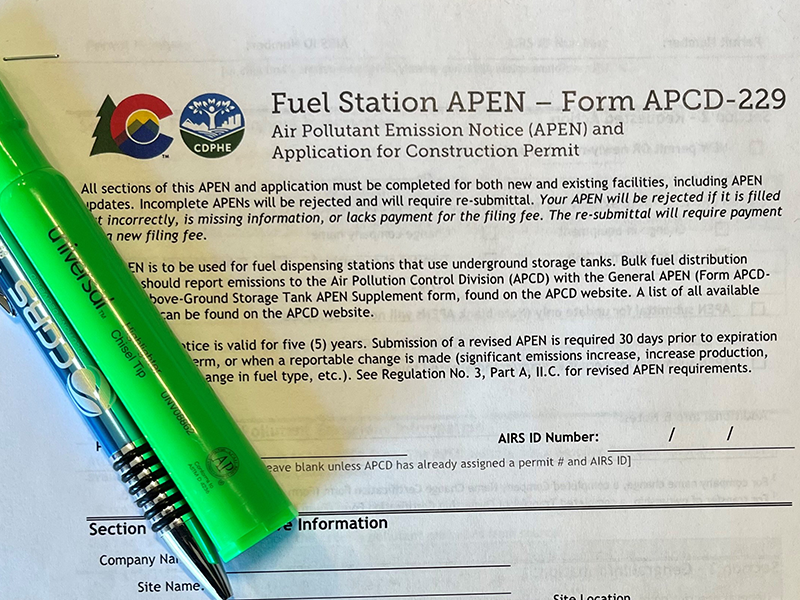EPA Update: Ozone Non-Attainment Area Reclassification
The Denver area has been classified as a Serious ozone nonattainment area since December 2019. Under the Clean Air Act, areas that do not attain national ozone standards in a timely manner are reclassified to a higher nonattainment status, in this case from Serious to Severe. On October 7, 2022, the Environmental Protection Agency (EPA) published rules reclassifying the Colorado 8-hr Ozone Non-attainment Area (NAA), and the reclassification takes effect November 7, 2022.
But what does that mean for us? In short, regulatory changes are coming.
With the status of air quality moving from Serious to Severe, we can expect an increase in regulatory compliance requirements. These changes will include updates to permitting thresholds and the implementation of additional emissions reduction strategies. But that is just the beginning, EPA Administrator Michael S. Regan released a statement describing the EPA’s position on the new status:
“These determinations are an important step in ensuring that communities across the country have the clean, healthy air quality they deserve, and that areas of the country that are not currently achieving these health-based standards take steps required by law to reduce ozone pollution. We will continue to work with our state partners to track air quality, reduce air pollution, protect public health, and ensure clean air for all.”
Call a CGRS Expert:
800.288.2657

Drezden Kinnaird, REM
Environmental Scientist
Energy Services Division Manager
Smog and ground-level ozone is a result of the reaction that occurs between certain types of emissions and sunlight. Which is one of the reasons air quality is typically worse on sunny days. The health implications of breathing in ozone can be severe. The EPA’s most recent determinations are further steps to improve air quality and address public health concerns in line with The Clean Air Act, and to do so as quickly as possible. Colorado was given a new attainment deadline of July 20, 2027. To meet this requirement, Colorado must revise the State Implementation Plan (SIP) which outlines the measures that will be taken by the state to attain air quality standards under the NAAQS.
Some of the new requirements we can expect include:
- Implementation of Reasonably Available Control Technology (RACT).
- Establishment of a major source fee program requiring sources pay fees to Colorado for each calendar year beginning after the attainment reclassification and until the area is redesignated as in attainment. See CAA 185(a).
- Implementation of a reformulated gasoline (RFG) program, requiring the retail sale and wholesale/purchase of RFG between June 1 and September 15 each year and will begin June 1, 2024 (For reference, reformulated gasoline currently makes up about a quarter of the gasoline sales nationwide.)
Furthermore, Rulemaking Hearings are scheduled for December which will mean another wave of changes to keep an eye out for!
CGRS will continue to provide updates and clarifications as they become available, be on the lookout for further communications as deadlines arise.
Key Terminology:
- Attainment areas – Any area in which the ambient air concentrations of any designated pollutants are in compliance with the NAAQS.
- NAAQS: National Ambient Air Quality Standards set under the Clean Air Act
- Nonattainment areas – Any area in which the ambient air concentrations of any designated pollutants are out of compliance with the NAAQS.
- Ozone: Ozone (O3) is a highly reactive gas composed of three oxygen atoms. It is both a natural and a man-made product that occurs in the Earth’s upper atmosphere ozone molecule (the stratosphere) and lower atmosphere (the troposphere). Depending on where it is in the atmosphere, ozone affects life on Earth in either good or bad ways.
- Reformulated Gasoline (RFG): is gasoline blended to burn more cleanly than conventional gasoline and to reduce smog-forming and toxic pollutants in the air we breathe.





